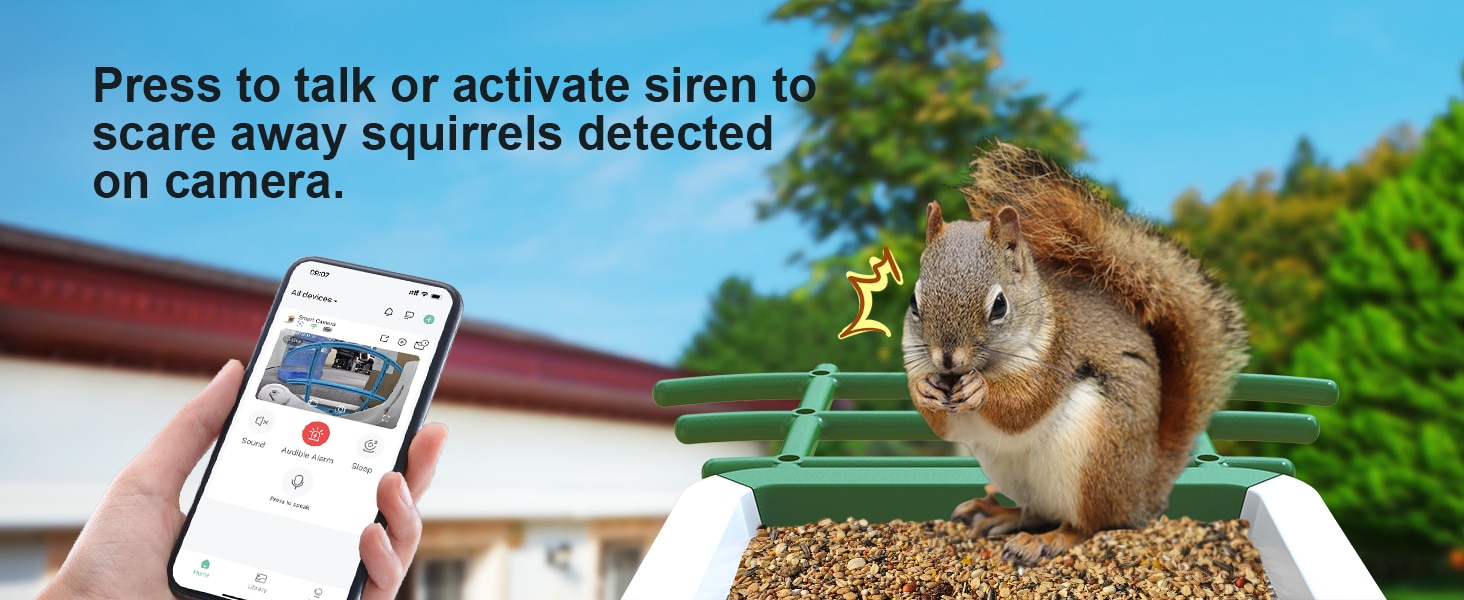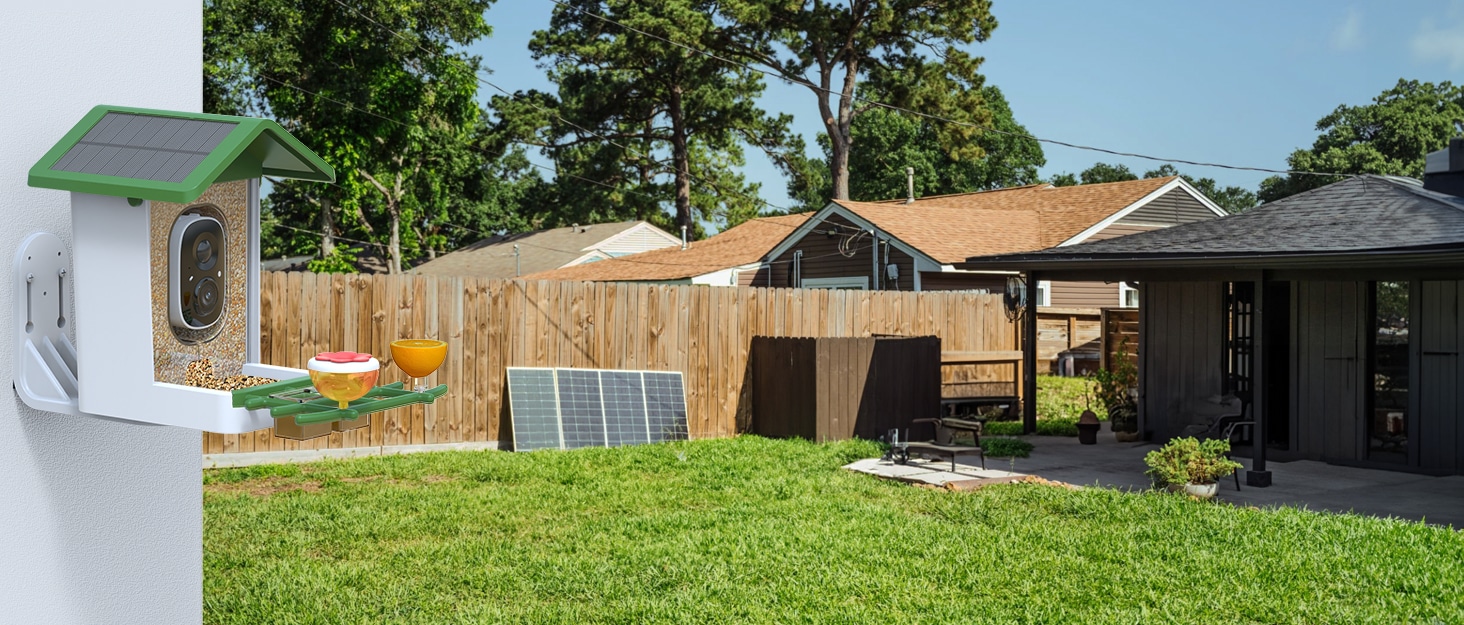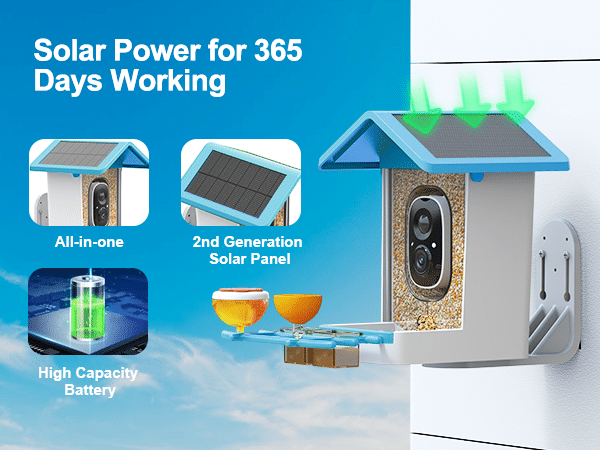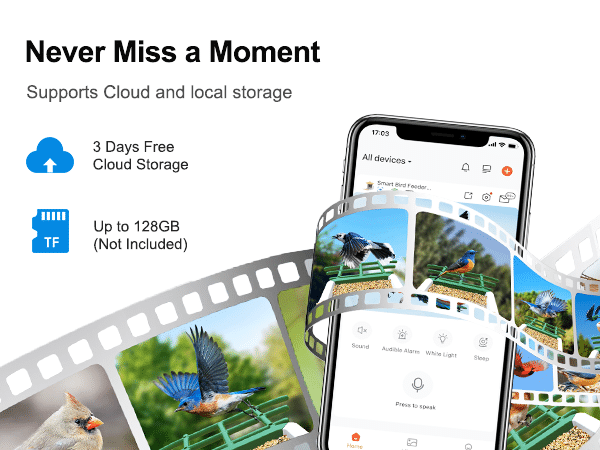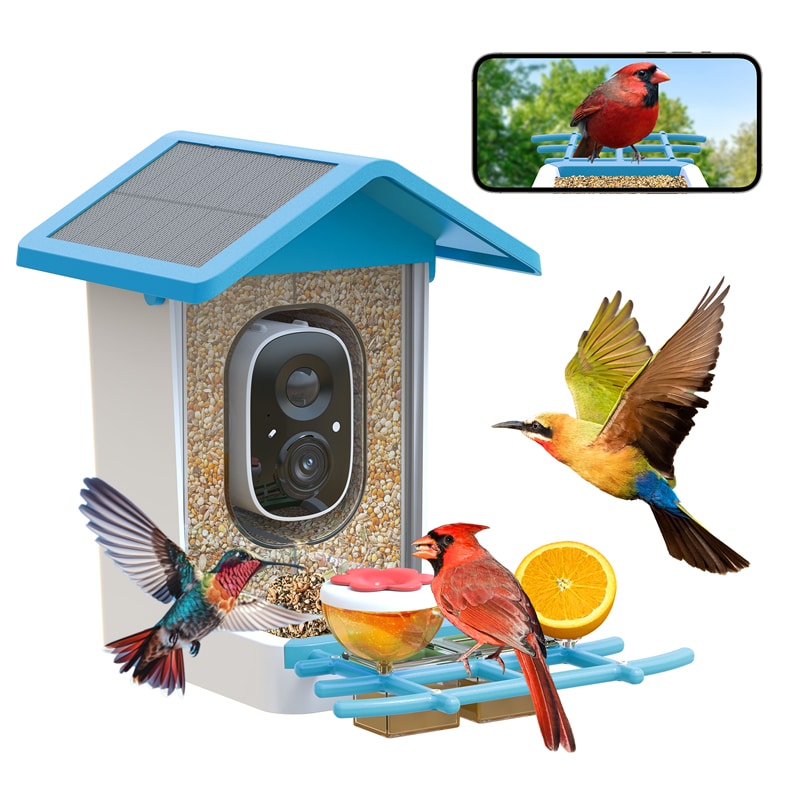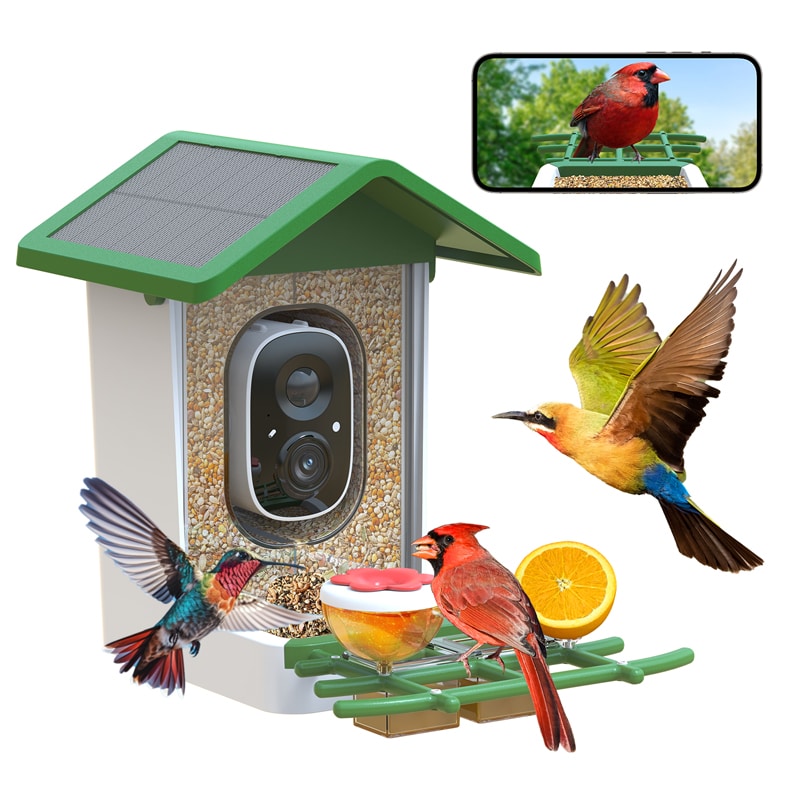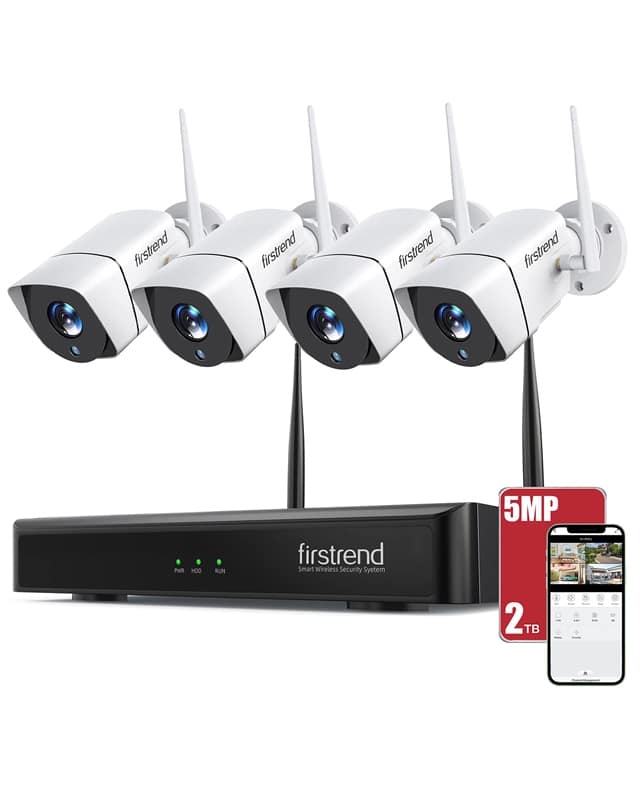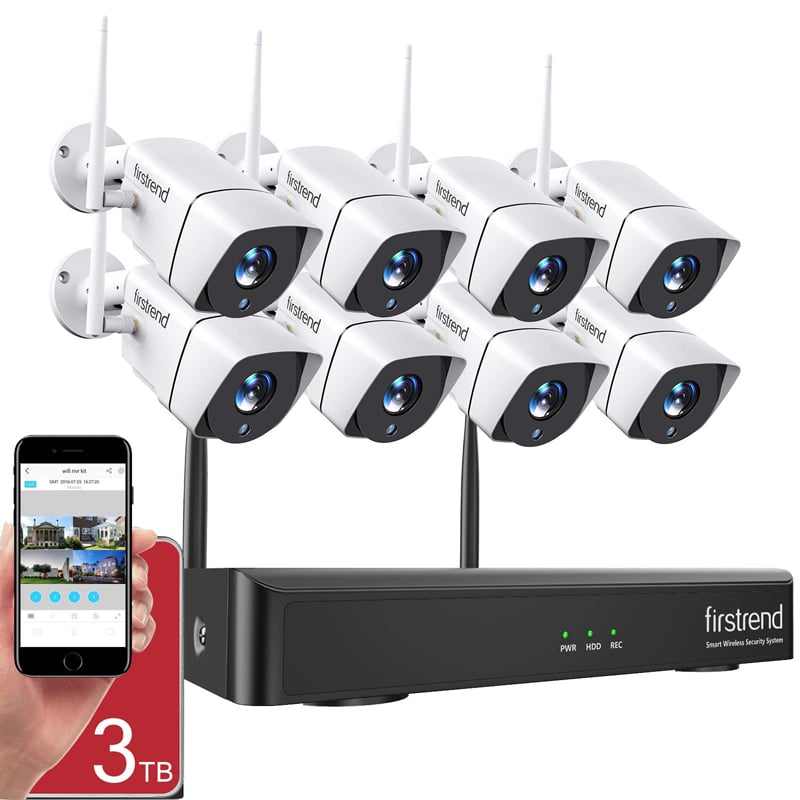Hummingbird feeders are a joy to have in any garden, bringing in fast-moving, jewel-toned visitors throughout the warmer months. But as delightful as hummingbirds are, some backyard birders worry about uninvited guests—namely, squirrels. So the big question is: Do squirrels bother hummingbird feeders? The answer isn’t always simple, but understanding their behavior and how to prevent them can help protect your feeders and keep hummingbirds coming back.
Why Squirrels Are Attracted to Feeders
Squirrels are opportunistic animals. While they typically go for seeds and nuts, they’re known to investigate just about anything that smells like food. Hummingbird feeders contain sweet nectar, which is different from the usual fare for squirrels, but the scent can still attract their attention—especially during dry or hot spells when other water sources are limited.
Although most squirrels don’t prefer sugar water, they’ll still take a sip out of curiosity or thirst. In doing so, they can damage your feeder, spill nectar, or scare away timid hummingbirds. And if your feeder is within jumping distance from a tree or railing, it’s even more vulnerable to these furry intruders.
Do Squirrels Actually Cause Problems?
Yes, in certain situations. While squirrels may not love nectar the way they love sunflower seeds, they can be persistent. They might knock feeders off hooks, chew through plastic parts, or simply dominate the feeder space, discouraging hummingbirds from visiting. Over time, this can lead to less frequent bird activity and more maintenance for you.
Additionally, a leaky or damaged feeder can attract other pests like ants or wasps, making it harder for hummingbirds to feed comfortably. That’s why preventing squirrel interference—even with the best hummingbird feeders—is still a good idea.
Tips to Deter Squirrels from Your Hummingbird Feeders
1. Hang Feeders Strategically
Place your hummingbird feeders at least 8–10 feet away from trees, fences, or anything squirrels could launch from. A tall shepherd’s hook with a squirrel baffle underneath works well for both hummingbirds feeders and seed feeders.
2. Use Specialized Feeders
Look for the best bird feeders for hummingbirds made with metal parts or chew-resistant materials. Some models include built-in squirrel guards or features designed to wobble when heavier animals try to perch.
3. Remove Temptations
If you also feed seed-eating birds, make sure seed feeders aren’t placed near your nectar feeders. Keeping your feeding stations separate can help ensure squirrels don’t wander from one to the other.
4. Use a Baffle
Installing a dome or cone-style baffle above or below your feeder can help prevent squirrels from climbing or dropping onto it.
5. Keep Things Clean
Sticky spills can attract not only squirrels, but also insects and raccoons. Clean your hummingbird feeders every few days, especially during hot weather, to reduce unwanted attention and keep your birds safe.
Are There Squirrel-Proof Hummingbird Feeders?
While there’s no such thing as completely squirrel-proof nectar feeders (like there are with some seed feeders), you can get pretty close. Models made of thicker plastic, metal bases, and those with ant moats often do a better job at resisting squirrel damage.
If you’re investing in the best hummingbird feeders, consider options that are designed for outdoor durability and include features that discourage climbing or chewing.
Add Tech to Your Birdwatching
If you want to go a step further, a smart hummingbird feeder with a camera can not only capture your favorite visitors in stunning detail but also alert you when something unusual—like a squirrel—shows up.
Firstrend’s smart hummingbird feeder is a great example. While it’s designed to recognize over 10,000 species of birds and provide crystal-clear video, it also includes a motion detection system that alerts you to any unexpected activity—like a squirrel nosing around. Some users even use the app’s built-in speaker to scare off squirrels in real time.
Final Thoughts
Squirrels may not be obsessed with nectar, but they’re curious and resourceful enough to check out your hummingbirds feeders, especially if they’re easy to reach. With a few smart setup decisions and a quality feeder designed to deter pests, you can minimize the risk and ensure your garden stays a favorite hangout for hummingbirds—not squirrels.
Whether you’re new to birding or looking to upgrade your setup, choosing the best hummingbird feeders with smart deterrents and thoughtful placement will make all the difference.

